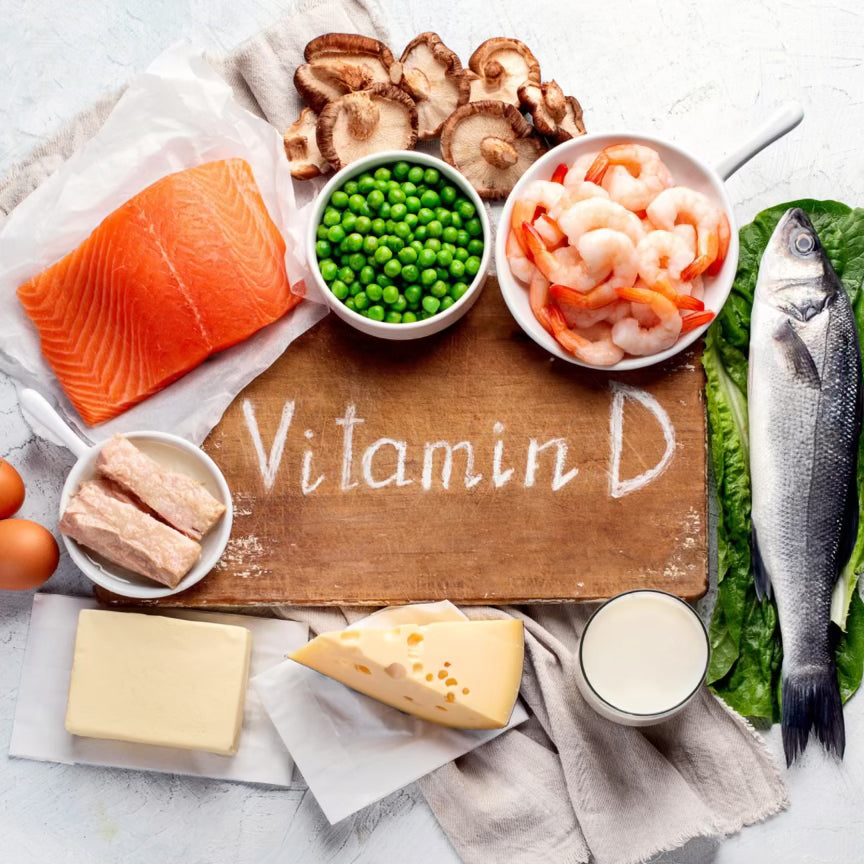Recently, I’ve been reading some research on vitamin D and discovered that this incredible vitamin isn’t only essential for a strong immune system, healthy bones, or even boosting our mood it does even more than we realise. It also plays a vital role in supporting our gut health.
A 2018 study published in Frontiers in Immunology highlighted vitamin D’s powerful role in modulating immune responses and protecting the intestinal barrier ,both essential for maintaining a healthy digestive system. Further research has shown that vitamin D can also help reduce inflammation and bloating by lowering key inflammatory markers such as cytokines, TNF-alpha, and interleukin-6.
Even more interestingly, vitamin D appears to influence our gut microbiota , the diverse community of bacteria that supports digestion and overall wellbeing. A 2020 paper in Nutrients found that adequate vitamin D levels are linked with a more balanced microbiome and reduced gastrointestinal discomfort.
Despite this growing evidence, it sometimes feels as though medical practice hasn’t fully caught up. In my view, GPs should consider vitamin D supplementation more often, as it could help many people manage common digestive issues and improve overall health.
In the UK, it can be quite a challenge to get enough vitamin D through diet alone. Unlike some countries where foods are routinely fortified, such as the United States or Finland, fortification here is still fairly limited. Although a few products , like certain breakfast cereals, plant-based milks, and spreads may contain added vitamin D, the quantities are often too small to meet daily requirements, especially during the darker months. Given our long winters and relatively low sunlight exposure, it’s easy to see why so many people in Britain end up with low vitamin D levels.
When it comes to natural sources, the best foods to include in your diet are oily fish (such as salmon, mackerel, and sardines), egg yolks, red meat, and liver. For those following a vegetarian or vegan diet, fortified plant milks, mushrooms exposed to sunlight, and fortified breakfast cereals are good options. Still, even with a balanced diet, it can be difficult to reach the recommended levels, which is why the NHS advises most people to consider a daily supplement, particularly during autumn and winter.
If you’d like to learn more, explore our app it’s packed with health insights in every format you love, from videos and e-books to easy-to-read articles, all designed to help you feel your best.
As I conclude, know that you are not alone on this path to better health and wellness. Your journey is unique but together we form a community of strength and support.
Let’s thrive together,
Cristina xx






